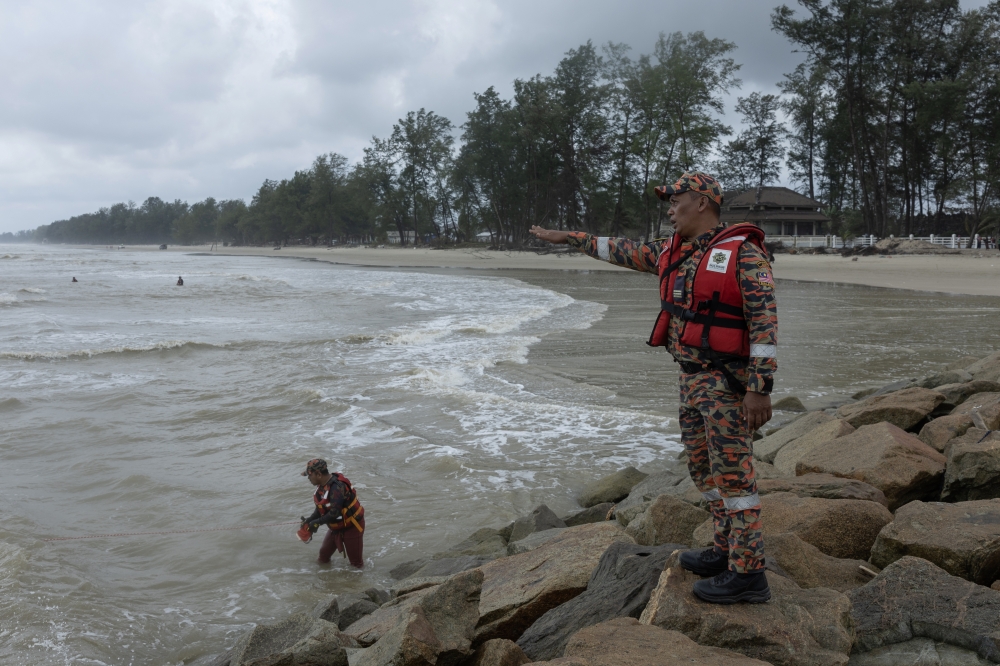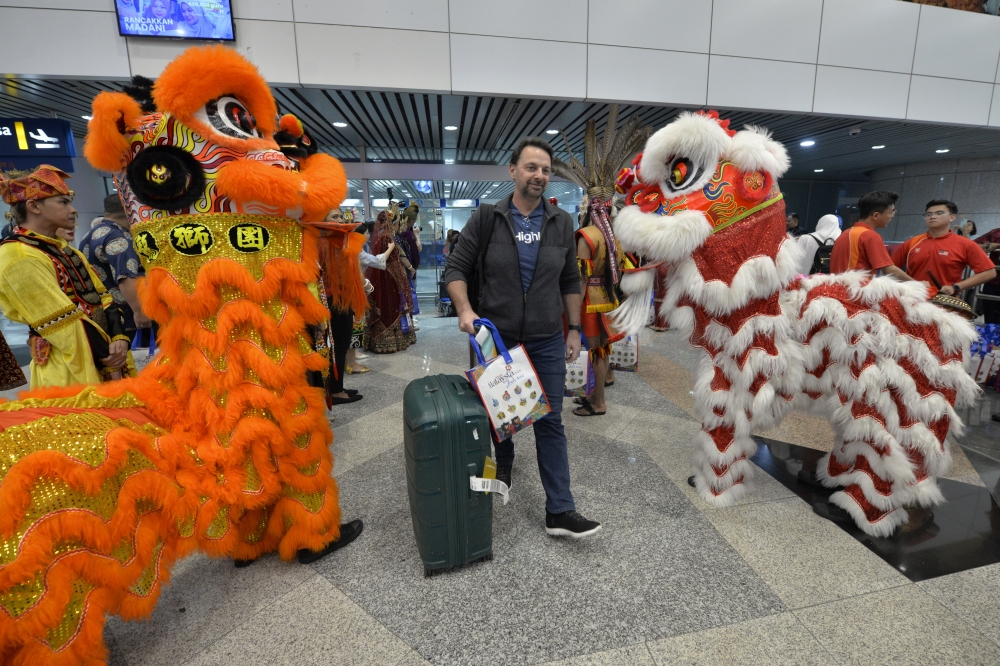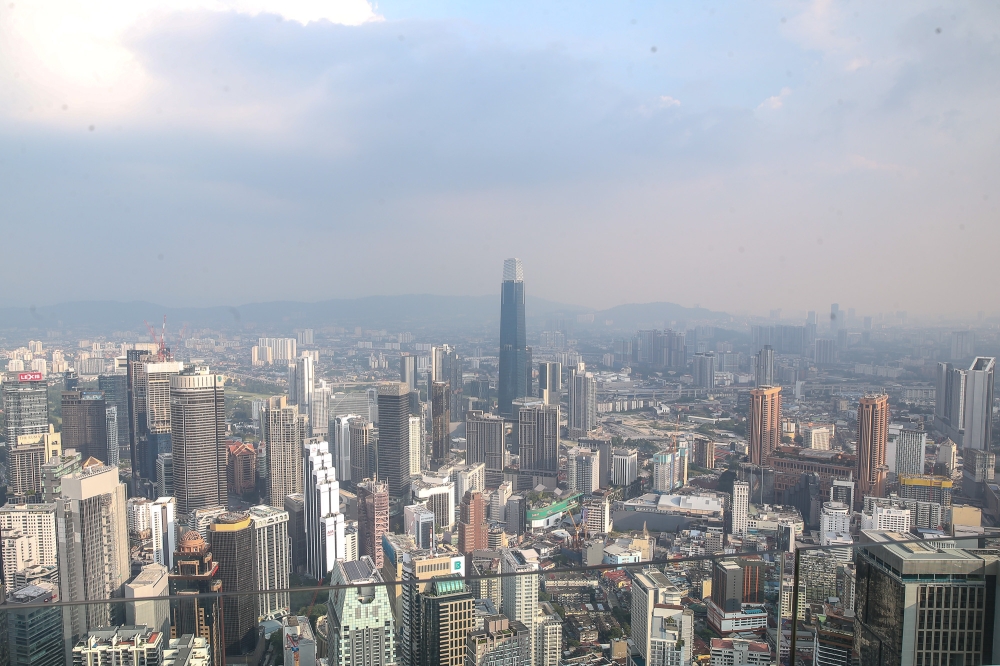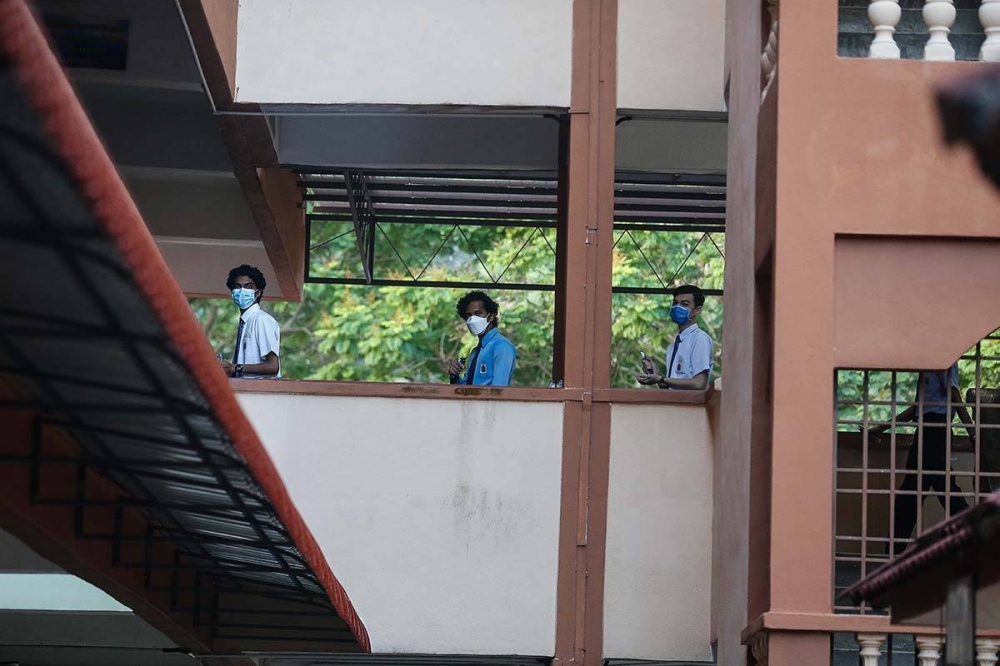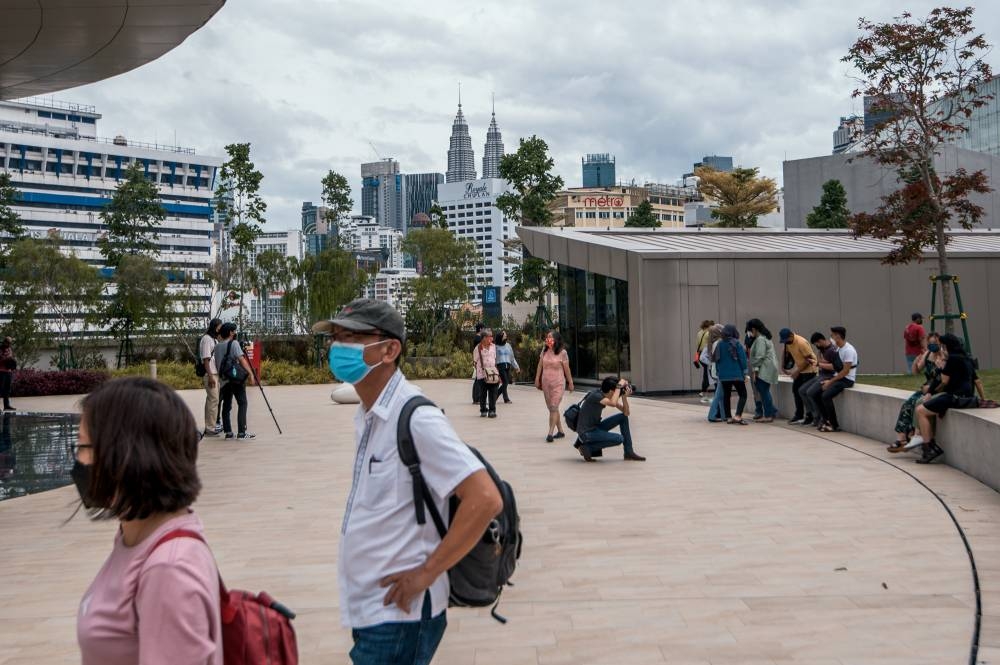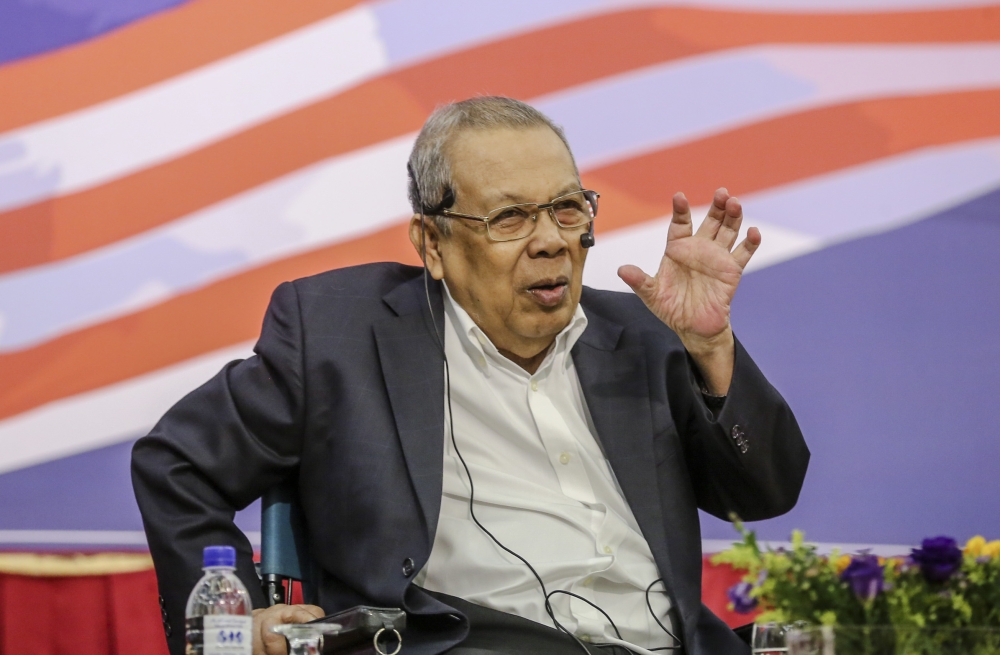SEPTEMBER 2 — Digital technology has, if nothing else, allowed us to enjoy traditional experiences in a whole new way.
Examples include how very few of us hold physical newspapers anymore, almost nobody buys CD-ROMs any more, and I have not used a fax machine in almost a decade. Also bookstores are suffering due to the pdf and Kindle explosions.
You get the picture.
In other words, things and concepts evolve. What about the idea of a holiday? The lockdowns of the past two years froze everyone’s travel plans. Then again, one could argue that lockdowns may have served as a precursor towards rethinking what we mean by taking a holiday.
Back in the 80s, my parents used to send me to Singapore to stay with my cousins during the school break. These stays were usually two weeks long.
Throughout that period I cannot recall thinking that holidays were anything less than that specific duration. The phrase “two weeks during the school break” became practically a synonym for going on vacation.
So, to recap, a “holiday” for me 30 years ago meant primarily going far away from my house for a fortnight when the school year was over.
But beginning from my college days, my Singapore trips more or less ceased. This was also the start of the time when taking a two-week vacation became more and more like a dream.
I mean, like, suddenly there was so much to do that going offline for that many days didn’t feel right or even doable (plus, of course, I think both me and my cousins knew that spending two weeks together just wasn’t “the same” any more if you get my drift).
Come to think of it, when I recall the past 20 years since I started working, I honestly cannot think of any time where I took more than a week off.
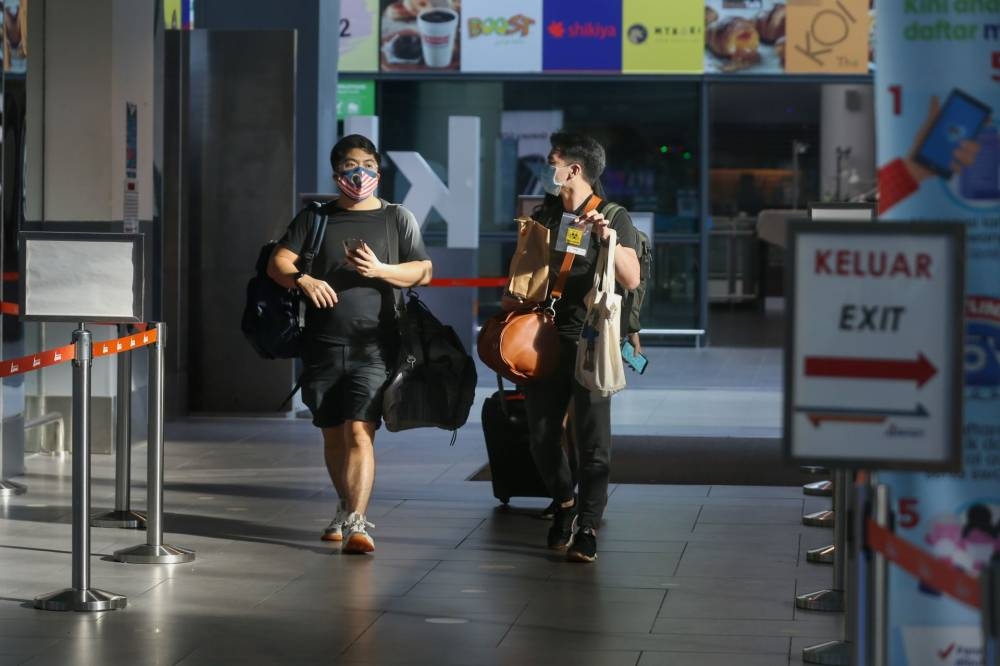
Either there’s just not enough annual leave or travelling for that amount of time would be too expensive or the kids would have school to attend or there would be projects or classes to deal with such that being away did not seem plausible.
Since marriage, a holiday for me is limited to two days in Port Dickson, maybe four days in Siem Reap, and perhaps a week off during Chinese New Year.
This was when the children were still young and they wanted to join me and my wife (actually they had no choice but I wanted to say it politely).
Super-long vacations, Western style
My holiday experiences are pretty pedestrian, I think it’s fair to say. It’s nowhere near the way I’ve seen my friends and relatives “do” vacations.
One of my cousins, in her early twenties, spent half a year in Africa (I don’t even know which country); another spent a similar amount of time in South America.
A friend I know who presently works in New York city flies back to Malaysia where he stays with his family for four months.
He still works during this time but let’s all agree this kind of “work from home” arrangement is not available to everyone.
Yet another friend from Britain decided to go for a 300-day sabbatical, travelling to seven countries throughout Asean. Just because he can.
Another acquaintance from California tells me he’s coming to spend a month in Malaysia with his wife right after spending three weeks traveling all over India.
I swear to God these kinds of vacation time are simply beyond me. It’s not just that I cannot imagine taking so many months off to travel; I don’t think I’d know where to go or what to do.
I suspect most Malaysians feel the same way. Even putting aside the issue of money, how many of you would be comfortable sight-seeing in foreign lands for half a year? I personally know a Malaysian entrepreneur who was given a three-week vacation in Inverness, Scotland. He flew back to KL after four days. Couldn’t take the boredom (see note 1).
Pseudo-holidays?
Nowadays we’re told to take more frequent time-outs, to go for that one- or two-day staycation, and even to entertain that scary concept of a “workcation” where you’re still working like normal except you do it in a different (and presumably more comfortable) location.
The number of people I see on Facebook sharing photos of their ad-hoc stay in some apartment near KLCC is rising; I doubt it’s coincidental.
The passion with which people talk about wellness and self-care also suggests such practices not only supplement holidays but may even serve as a competing concept.
Finally, to save the worst for last, when I was at one previous company I noticed many people were already taking “workcations” by virtue of the fact that their email replies didn’t seem to lessen — in fact they appeared more intense and wordy(!) — when they were (supposedly) on leave.
I’m also sure many of us have seen friends and relatives spend hours staring at office material while on holiday; often their emails are the first thing they open in the morning and their Excel sheets are the last thing they close at night.
It’s gotten to a point where you can’t decide if the person is bringing his work to his vacation or taking his vacation to work.
Sadly, this could be the future, one encapsulated by Jamie Foxx’s character in the movie Collateral where, as a cab-driver he “takes a vacation” every few hours by looking at the photo of an island stuck on his sun visor. (Uh, whatever.) My best advice, given how fragile life is, would be to drop these pseudo-vacays and embrace the real deal, the real breaks.
In whatever form or duration.
* Note 1: I totally get this guy. I was in Stockholm myself in July for five days; I wanted to come back after three.
**This is the personal opinion of the columnist.








